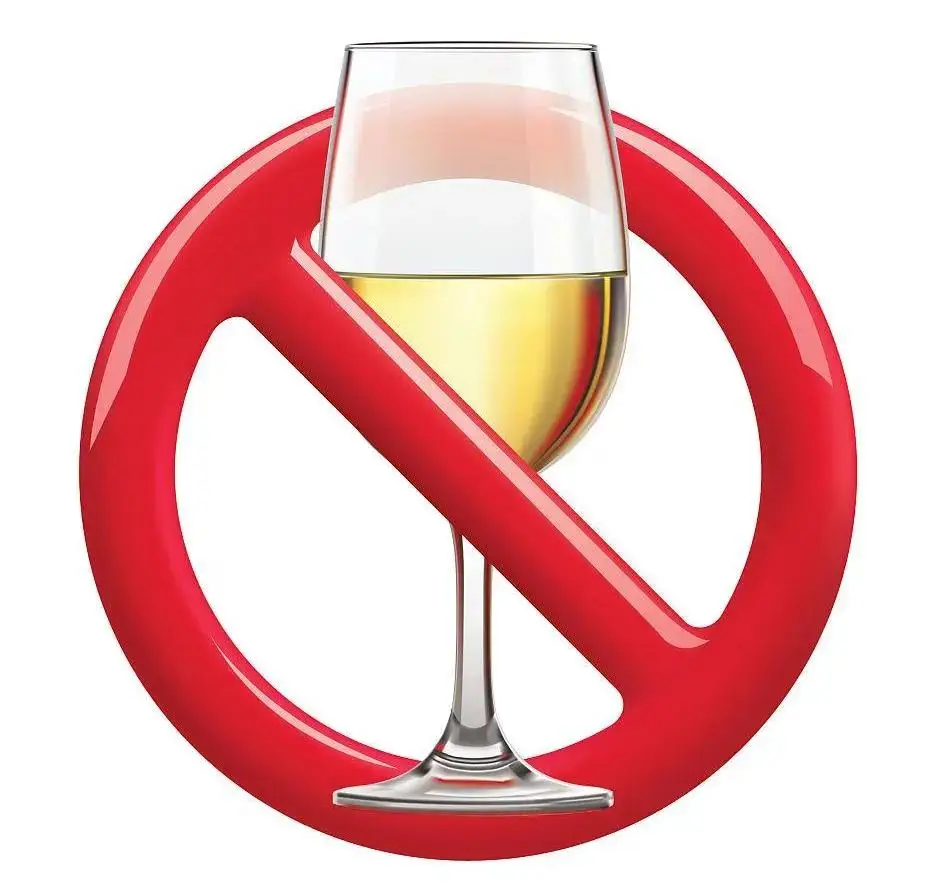Alcohol consumption has long been woven into the fabric of social gatherings, celebrations, and even daily relaxation rituals for many people around the world. However, mounting scientific evidence highlights a sobering truth: alcohol is a major contributor to cancer risk. The good news is that the decision to quit drinking—or even reduce consumption—can significantly lower that risk. Every day without alcohol is a step toward a healthier future, and understanding the link between alcohol and cancer is the first crucial step in making informed choices about our health.
The Alcohol-Cancer Connection
It’s no exaggeration to say that alcohol is a carcinogen. The World Health Organization (WHO) classifies alcohol as a Group 1 carcinogen, meaning it is proven to cause cancer in humans. This places it in the same category as tobacco and asbestos. When we consume alcohol, our bodies break it down into acetaldehyde, a toxic chemical that can damage DNA and prevent cells from repairing this damage. This process can lead to mutations that eventually result in cancer.
Alcohol consumption has been directly linked to several types of cancer, including:
- Mouth and throat cancer
- Esophageal cancer
- Liver cancer
- Colon and rectal cancer
- Breast cancer (in women)
Even moderate drinking can elevate cancer risk. For example, studies have shown that having just one alcoholic drink per day can increase the risk of breast cancer by a small but significant percentage. The more you drink, the higher the risk, but there is no "safe" level of consumption when it comes to cancer prevention.
How Quitting Alcohol Reduces Cancer Risk
The human body has a remarkable ability to heal itself when given the opportunity. When you stop drinking, your body immediately begins to reverse some of the damage caused by alcohol. Here’s how quitting alcohol contributes to lowering cancer risk day by day:
-
Reduced Acetaldehyde Exposure: The moment you stop consuming alcohol, your body no longer has to metabolize ethanol into acetaldehyde. This immediately reduces your exposure to this DNA-damaging compound.

-
Improved Immune Function: Alcohol weakens the immune system, making it harder for the body to identify and destroy cancerous cells. Within days of quitting, your immune system begins to recover, enhancing its ability to protect you.
-
Hormonal Balance: Alcohol can interfere with hormone levels, particularly estrogen, which is linked to breast cancer. Abstaining helps restore hormonal balance, reducing one of the key drivers of certain cancers.
-
Cell Repair Mechanisms: Without the constant onslaught of toxins, your body can focus its energy on repairing damaged cells and tissues. This includes fixing DNA errors that could otherwise lead to cancer.
-
Reduced Inflammation: Chronic inflammation is a known risk factor for cancer. Alcohol consumption promotes inflammation throughout the body, especially in the liver and digestive tract. Quitting alcohol allows inflammation levels to drop, creating a less hospitable environment for cancer development.
The Timeline of Benefits
The benefits of quitting alcohol begin almost immediately and accumulate over time:
- Within 24 hours: Your body starts metabolizing remaining alcohol, and acetaldehyde levels begin to drop.
- Within a week: Immune function shows signs of improvement, and inflammation starts to decrease.
- Within a month: Hormone levels begin to stabilize, particularly in women, reducing breast cancer risk.
- Within a year: Significant reductions in risk for cancers of the mouth, throat, and esophagus are observed.
- Long-term (5+ years): Risks for liver and colorectal cancer drop substantially, and for some individuals, the risk may eventually approach that of someone who has never drank.
Overcoming the Challenge of Quitting
Quitting alcohol is not easy, especially for those who have been drinking regularly for years. Alcohol dependence is both physical and psychological, and breaking free requires commitment, support, and sometimes professional help. Here are a few strategies to consider:
- Set Clear Goals: Start with a plan to reduce or eliminate alcohol. Even cutting back gradually can make a difference.
- Seek Support: Friends, family, or support groups like Alcoholics Anonymous (AA) can provide encouragement and accountability.
- Find Alternatives: Replace drinking with other activities, such as exercise, hobbies, or non-alcoholic social events.
- Professional Help: For those with severe dependence, medical supervision or therapy may be necessary to manage withdrawal symptoms and address underlying issues.
A Healthier Future Awaits
Every day without alcohol is a victory for your health. While the journey to quit drinking may be challenging, the rewards are immense. Lowering your cancer risk is just one of many benefits—better sleep, improved mental clarity, weight management, and enhanced liver function are also within reach.
It’s never too late to make a change. Whether you quit entirely or simply cut back, each alcohol-free day contributes to a longer, healthier life. Your body will thank you, and your future self will appreciate the effort you put in today.





发表评论